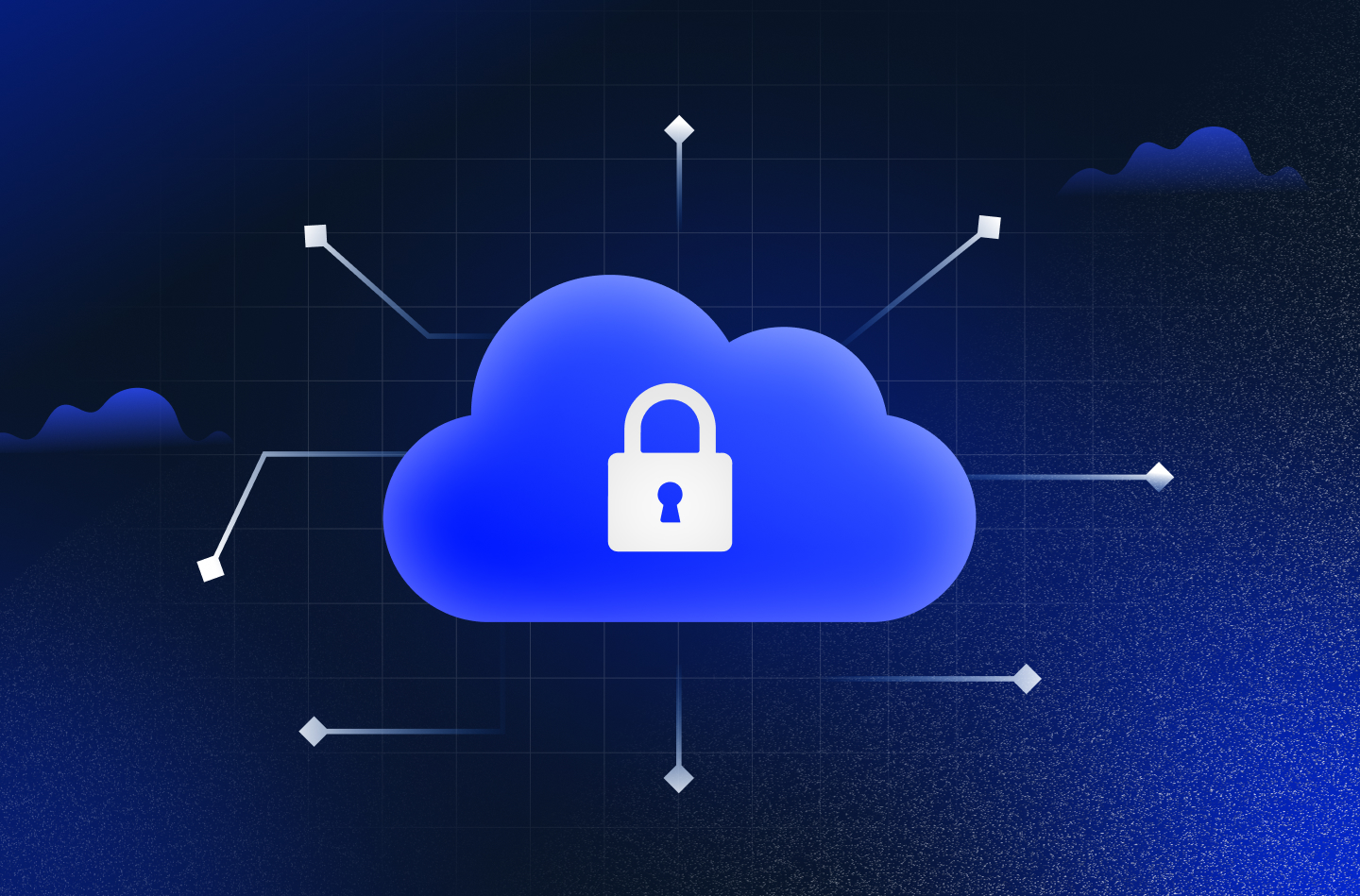In the world of networking, few terms are as common as “localhost” and “127.0.0.1.” This powerful IP address, often accompanied by ports like “49342,” plays a crucial role in local network communications. The combination of 127.0.0.1:49342 refers to a specific setup that can seem confusing to those unfamiliar with networking jargon, but it’s integral to software development and testing environments. In this comprehensive guide, we will explain exactly what 127.0.0.1:49342 means, how it functions, and why it’s so important.
What is 127.0.0.1?
At the heart of understanding 127.0.0.1:49342 is knowing what 127.0.0.1 represents. Simply put, 127.0.0.1 is an IP address, also referred to as the loopback address. This is a special address reserved by the Internet Protocol (IP) for use in communicating within the same device (computer or server). It essentially tells the network that the communication is happening internally and should not be routed outside.
Whenever you want to test services or run software locally without broadcasting your IP on the broader internet, 127.0.0.1 is the go-to solution. It’s invaluable for testing applications, databases, and various web services in a safe, isolated environment.
Why is Localhost Associated with 127.0.0.1?
The term localhost refers to your own computer, and in networking, localhost is synonymous with 127.0.0.1. Whenever a developer types localhost into a browser or terminal, the computer interprets it as a request to communicate with itself using the loopback address.
By binding the network traffic to 127.0.0.1, the computer restricts the communication to internal processes, preventing external devices from accessing the services.
In essence, localhost provides a simple way for your computer to route requests internally, and it’s essential in software development when you want to run applications without opening them to the wider world.
Understanding Ports: What Does 49342 Mean?
To grasp the full meaning of 127.0.0.1:49342, we need to break down the number after the colon. 49342 is known as a port number. Ports are channels or pathways used by computers to distinguish different types of traffic. Every service running on a device needs to have a unique port number assigned to it so that network traffic is routed correctly.
Port 49342 is a randomly assigned high port number (often in the range of 49152–65535), which indicates a dynamic or ephemeral port. When you open a connection to 127.0.0.1, the system may automatically assign such a port number to track the connection for internal use.
Each port on 127.0.0.1 can be tied to a different service running on your machine. For example, your web server might run on 127.0.0.1:80 (the default HTTP port), while a database might run on 127.0.0.1:3306. Using a high-numbered port like 49342 usually indicates that it’s used temporarily by an application for internal communications.
127.0.0.1:49342 in Action
When a developer references 127.0.0.1:49342, they are referring to a service running on their local machine, accessible only from that machine. It’s useful in scenarios like:
- Web Development: Testing a local web application.
- Database Access: Connecting to a local instance of a database.
- API Testing: Running an API service on a private, secure loopback address.
For instance, you might have a local application that you’re testing, and it’s listening for requests on 127.0.0.1:49342. This means that only your machine can access that service via port 49342, ensuring that no external systems can interfere with your development process.
Why Use 127.0.0.1:49342 for Local Testing?
When building applications or services, testing is crucial. But exposing test services to the public internet can be risky. Using 127.0.0.1 ensures that these services remain private. The addition of a port number like 49342 allows multiple services to operate simultaneously on the same machine without conflict.
For example, you could run a web server on 127.0.0.1:80 and a separate service on 127.0.0.1:49342. Both would function independently, while being confined to the local machine.
Here are some reasons why 127.0.0.1:49342 is used frequently for local testing:
- Security: It isolates the service from the external network, reducing the risk of intrusion.
- Resource Efficiency: No need for additional hardware—everything runs on the same machine.
- Convenience: Services on different ports can be tested independently without cross-interference.
- Error Debugging: Easily troubleshoot and debug services without outside network interference.
Loopback and Isolation: Why It’s Beneficial
The loopback address is essential because it creates a sandbox environment, where only internal communications occur. This is key in software development, where you want to test, debug, and experiment without impacting real-world systems.
With 127.0.0.1:49342, the developer has complete control over network traffic, ensuring that no external devices or users can disrupt or monitor the ongoing processes.
Additionally, since the service is bound to localhost, there is no risk of other machines on the network discovering or accessing it unintentionally, preserving both privacy and integrity of the service.
Common Use Cases of 127.0.0.1:49342
- API Testing: Many developers use 127.0.0.1:49342 to run mock APIs for testing purposes. This enables testing local APIs before exposing them to the broader internet.
- Localhost Databases: Database software like MySQL or PostgreSQL can run on specific ports tied to 127.0.0.1, ensuring that they are only accessible locally.
- Web Development: Developers frequently host web services on localhost to test features in a safe, controlled environment before pushing them to a live server.
These use cases emphasize the flexibility and utility of combining 127.0.0.1 with ports like 49342, making it an indispensable tool for both developers and IT professionals.
The Role of Firewalls and 127.0.0.1
Although 127.0.0.1:49342 is isolated from the public internet, it’s still subject to local firewall rules. Firewalls often regulate which services can bind to which ports, and they can block unauthorized access even within the local machine.
When setting up local services, it’s essential to configure your firewall appropriately to ensure that the services running on 127.0.0.1:49342 are both accessible and secure from unwanted local processes.
Conclusion
Understanding the role of 127.0.0.1:49342 in networking and development is critical for anyone involved in building or maintaining software. It provides a safe, isolated environment for running services locally, ensuring that they remain protected from external threats while facilitating smooth testing and development.
Whether you’re running a web application, testing an API, or managing a database, the combination of 127.0.0.1 and specific port numbers like 49342 offers unmatched flexibility and control over your local development environment.
FAQs
What is 127.0.0.1?
127.0.0.1 is known as the loopback address, used to refer to the local machine in a network.
Why use localhost instead of an external IP address?
Using localhost ensures that communications are restricted to the local machine, making it safer for testing and development.
What does 49342 represent in 127.0.0.1:49342?
49342 is a port number, used to route specific types of network traffic within the local machine.
Can external devices access services running on 127.0.0.1?
No, services on 127.0.0.1 are only accessible from the local machine, ensuring complete isolation.
Is it possible to run multiple services on 127.0.0.1 simultaneously?
Yes, by assigning different port numbers, you can run various services on the same machine without interference.
What role do firewalls play in localhost traffic?
Firewalls help regulate which services can bind to specific ports, adding an extra layer of security to local communications.










